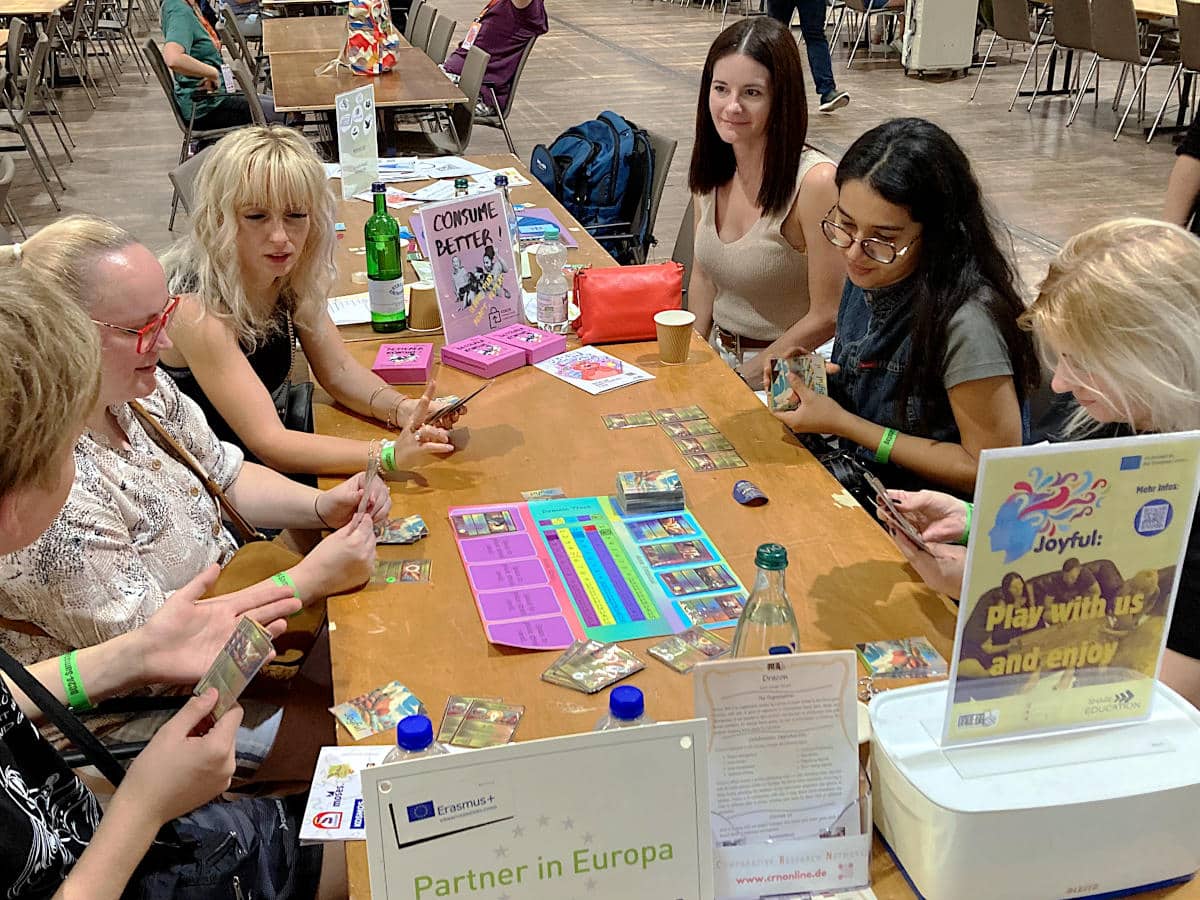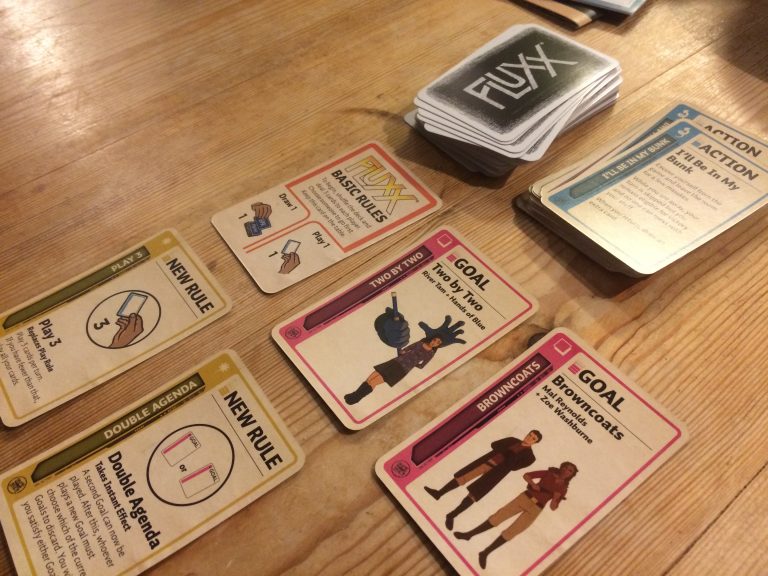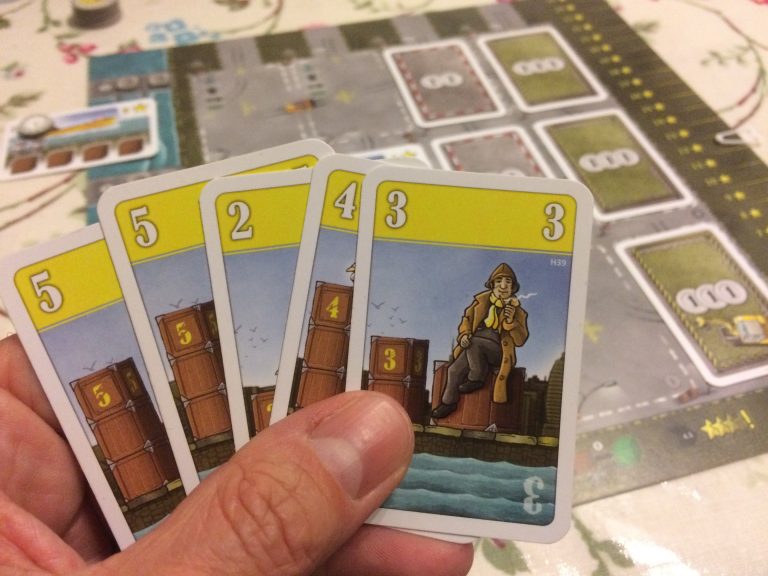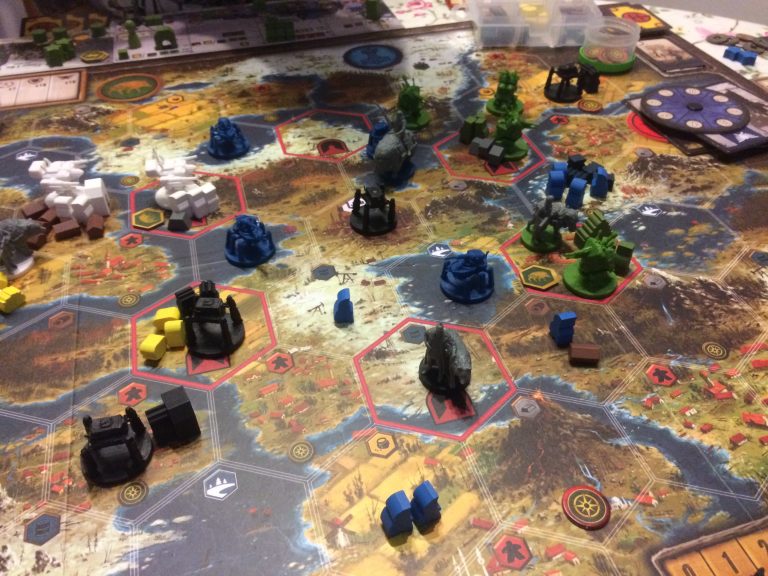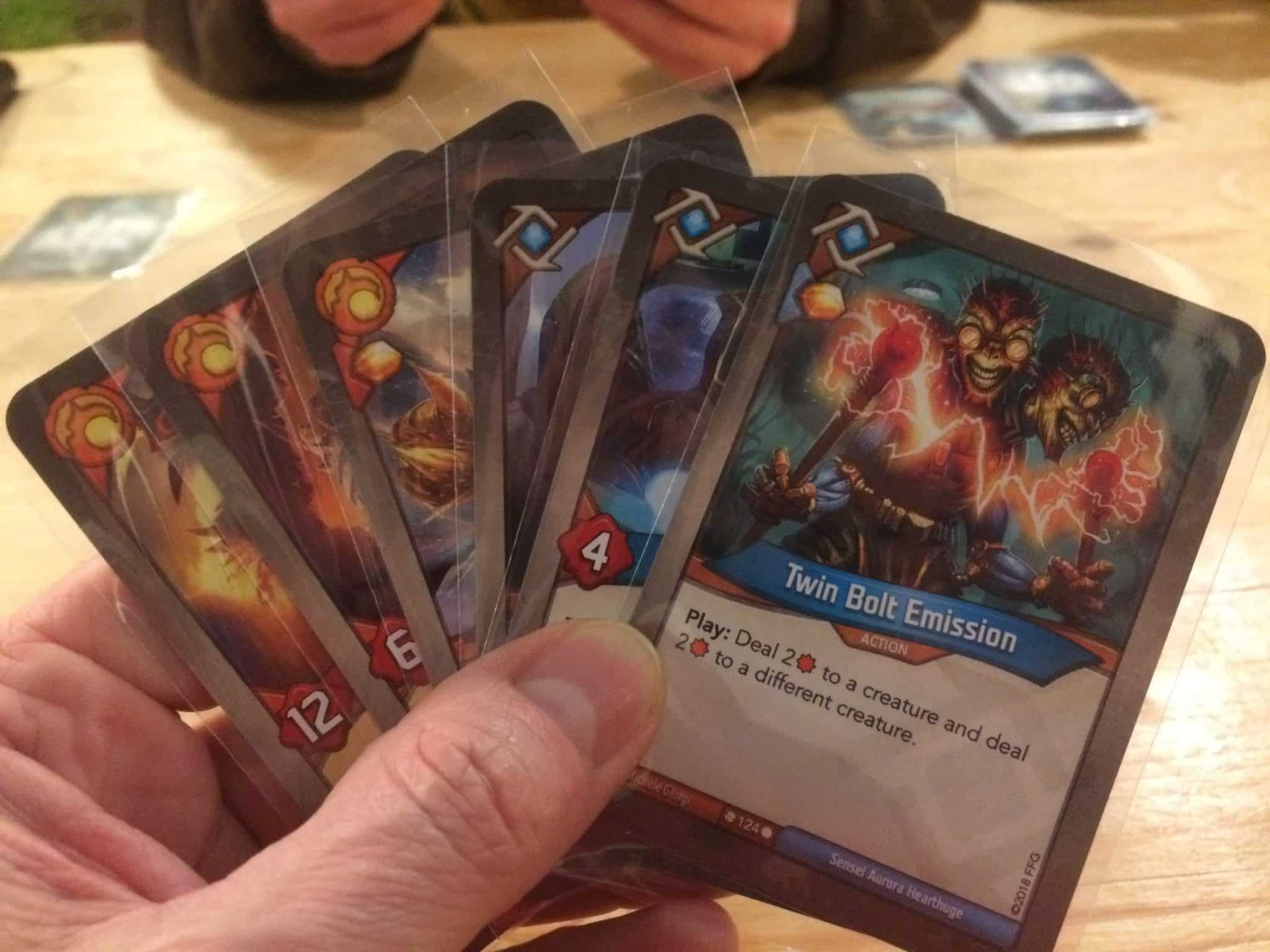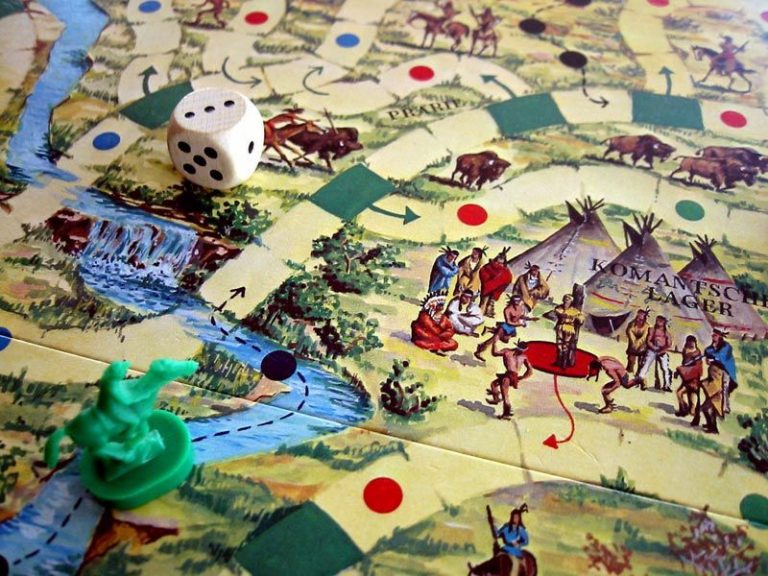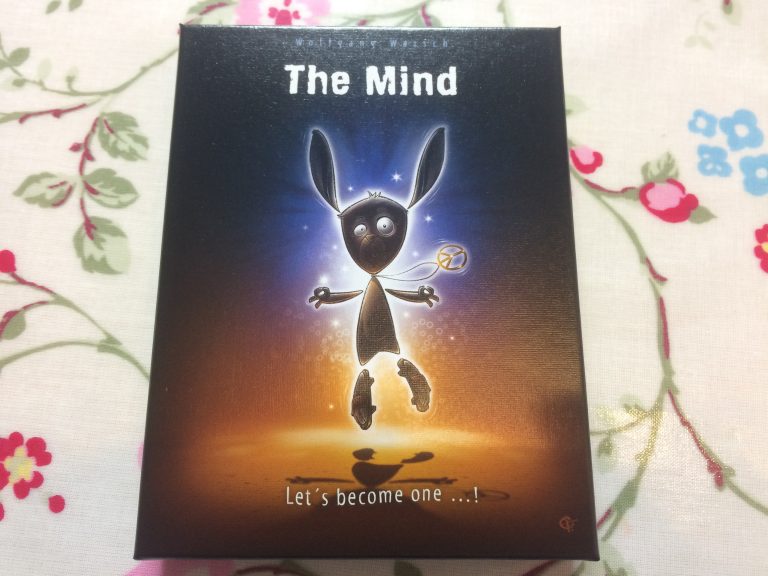I see the light
For a lot of seasoned gamers only heavy games with a lot of complexity, many different mechanisms and that last at least two hours are worth playing. If you bring a light game to your weekly games group, chances are it will not be chosen and left on the pile. That is a real shame, because many of the recently released lighter games are a lot of fun and actually more tricky and demanding than you'd think.





